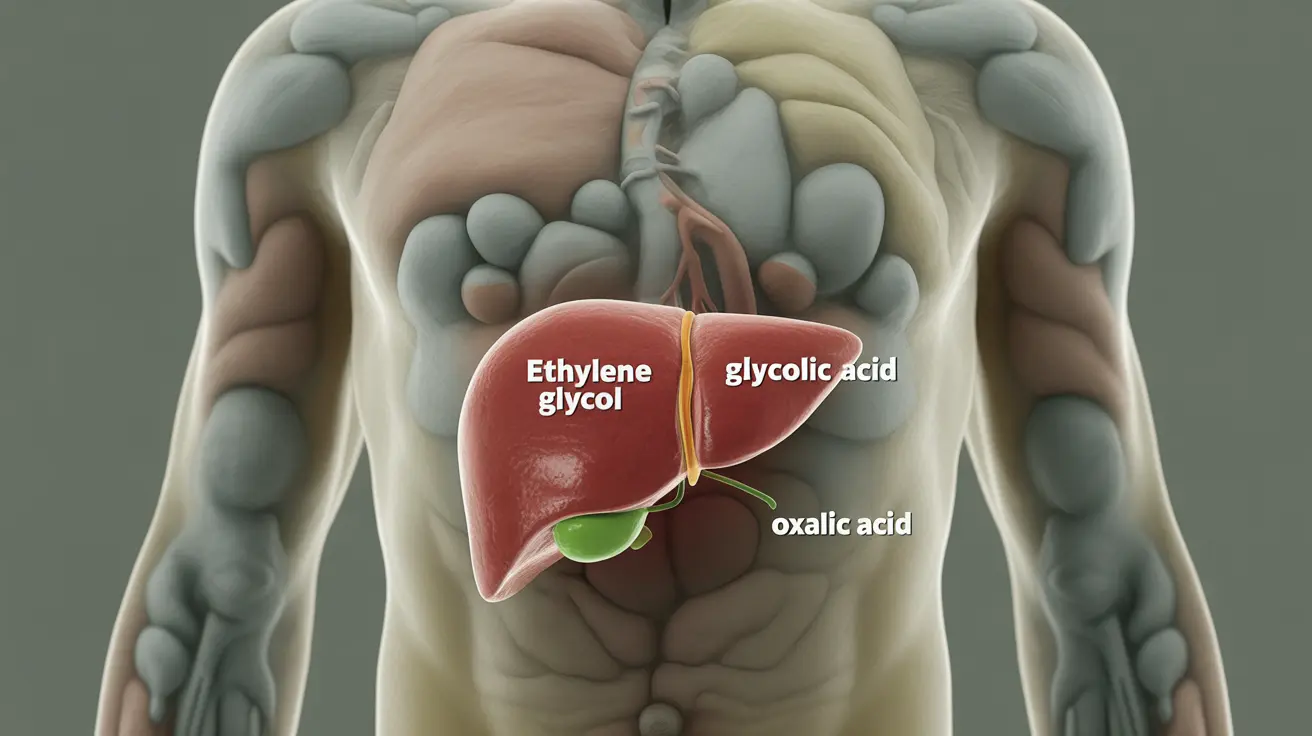Antifreeze poisoning is a severe medical emergency that requires immediate attention. When someone ingests antifreeze, typically containing ethylene glycol, the consequences can be life-threatening if not treated promptly. Understanding the symptoms, effects, and treatment options is crucial for both prevention and emergency response.
This comprehensive guide explores the dangerous effects of antifreeze consumption, its impact on the body, and critical information about treatment and prevention that could save lives.
Initial Symptoms and Recognition
The early stages of antifreeze poisoning can be deceptively mild and may mimic alcohol intoxication. However, the progression of symptoms is distinct and requires immediate medical intervention.
Early Warning Signs
Within the first 30 minutes to 12 hours after ingestion, victims may experience:
- Drowsiness and confusion
- Slurred speech
- Lack of coordination
- Nausea and vomiting
- Increased heart rate
- Apparent intoxication
Critical Progression
As the body metabolizes ethylene glycol, symptoms become increasingly severe, marking the transition to a critical phase that can occur 12-24 hours after ingestion:
- High blood pressure
- Rapid breathing
- Heart problems
- Severe metabolic issues
- Potential seizures
The Body's Response to Antifreeze
When antifreeze enters the system, the body begins breaking down ethylene glycol through a complex metabolic process that produces highly toxic compounds.
Metabolic Process
The liver converts ethylene glycol into several dangerous substances, including glycolic acid and oxalic acid. These byproducts can cause severe damage to multiple organ systems, particularly the kidneys.
Treatment Approaches
Successful treatment of antifreeze poisoning depends on rapid medical intervention and appropriate antidote administration.
Immediate Medical Care
Treatment typically involves:
- Stomach pumping in some cases
- Administration of fomepizole or ethanol as antidotes
- Hemodialysis if necessary
- Supportive care and monitoring
Prevention and Safety Measures
Preventing antifreeze poisoning involves both proper storage and awareness of potential risks.
Safety Guidelines
- Store antifreeze in original containers
- Keep products locked and out of reach
- Clean up spills immediately
- Consider using products containing propylene glycol instead of ethylene glycol
- Never store antifreeze in food containers
Long-term Health Impact
Survivors of antifreeze poisoning may face significant long-term health challenges, particularly affecting kidney function and the nervous system. Regular medical monitoring and support are essential for recovery.
Frequently Asked Questions
What are the early symptoms of antifreeze poisoning, and how do they differ from typical alcohol intoxication?
Early symptoms of antifreeze poisoning include drowsiness, confusion, and coordination problems similar to alcohol intoxication. However, antifreeze poisoning progresses more rapidly and severely, leading to metabolic disturbances and organ damage not typically seen in alcohol intoxication.
How is antifreeze poisoning treated, and what are the most effective antidotes?
Treatment involves administering antidotes like fomepizole or ethanol, which prevent the breakdown of ethylene glycol into toxic compounds. Hemodialysis may be necessary to remove the poison and its metabolites from the blood.
What are the long-term effects of antifreeze poisoning on the kidneys and other organs?
Long-term effects can include permanent kidney damage, neurological problems, and potential brain damage. Some survivors may require ongoing dialysis or face other chronic health issues.
Can accidental or intentional ingestion of antifreeze be prevented, and what safety measures should be taken?
Prevention involves proper storage, using childproof containers, immediate cleanup of spills, and never storing antifreeze in food containers. Using less toxic alternatives like propylene glycol-based products can also reduce risks.
How does the body metabolize ethylene glycol from antifreeze, and what are the toxic compounds produced during this process?
The body metabolizes ethylene glycol through the liver, converting it into glycolic acid and oxalic acid. These toxic metabolites can cause severe acidosis, kidney failure, and damage to multiple organ systems.




